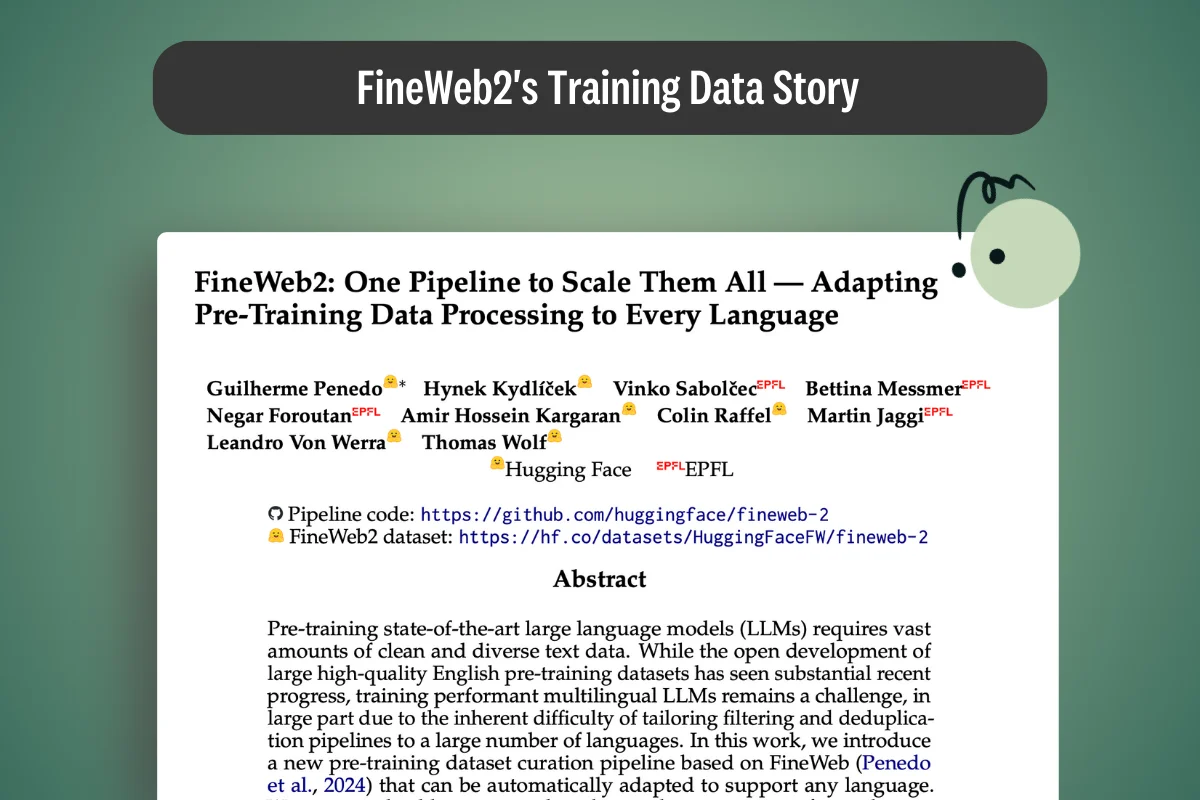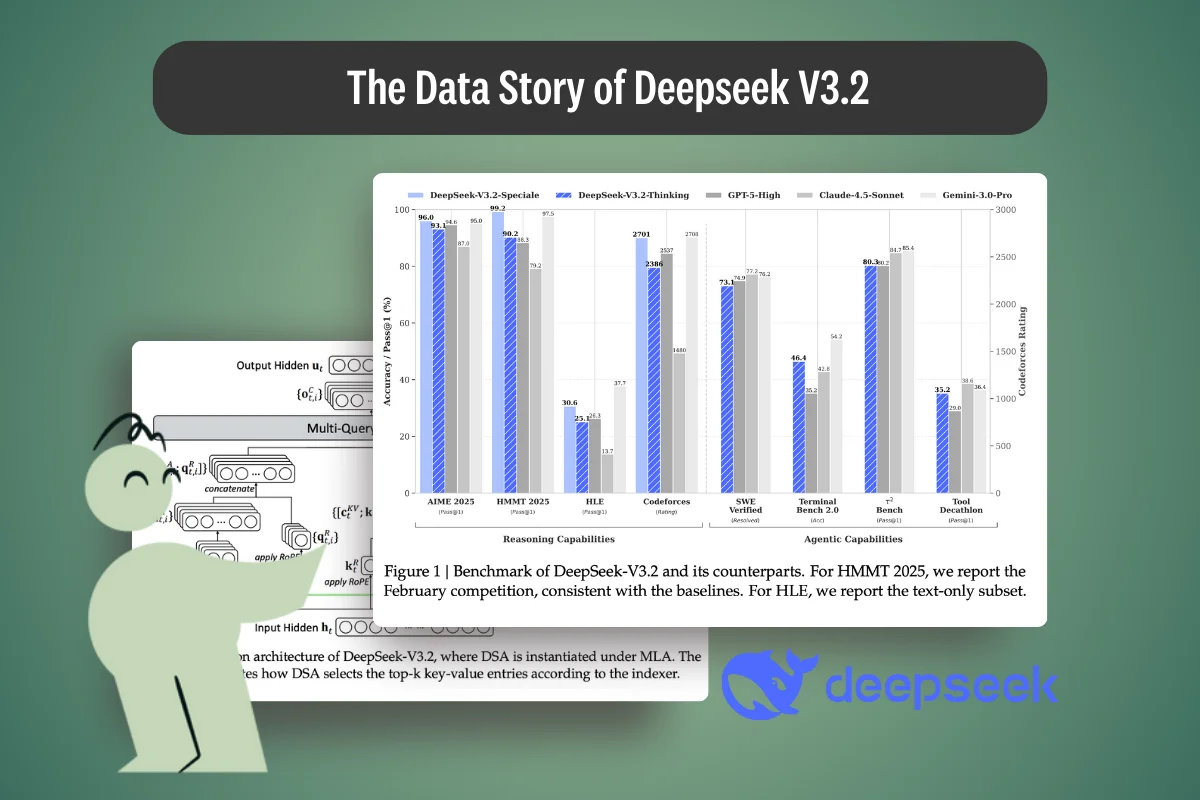How AI can scale up efficiency in manufacturing
Deploying AI automation in manufacturing assembly lines brings improved efficiency in terms of speed, quality, and cost. One example is how AI automation of defect detection can prevent faulty components from being added to the assembly. As inaccuracy can impact on production costs and profitability, AI models need to be trained with well labeled manufacturing product images. Kili Technology can play a vital role in creating high-quality data training sets for manufacturing, with less risk and more speed.
Book a demo
Kili is trusted to become their data annotation tool partner
AI Use cases in manufacturing
- Defect detection
Kili Technology has enabled manufacturing companies to automate their defect detection in production assembly lines with AI, to prevent faulty components from being assembled and defective products from being packaged and shipped. This improves manufacturing productivity and cost effectiveness. - Waste management using AI
Kili has scaled up waste management practices with artificial intelligence robots to separate recyclables, solid waste, and hazardous materials. Speeding up the sorting process of waste increases cost efficiency and sustainability of the manufacturing process.
Customer order processing
Kili Technology can make customer order processes quicker and more efficient through our AI automation model. Text classification and identification of order quantities, SKUs purchased, and delivery dates are done quickly to streamline the ordering process.
Ensuring accuracy of AI models for manufacturing efficiency
Kili Technology makes image, video, and text annotation fast and simple to improve your manufacturing operations. Import your data in bulk: images of products and components, videos of assembly lines, customer orders and invoices, and more. Detect even the smallest cracks in product components, identify order quantities, delivery times, and specifications within customer order documents. Build your training datasets with highly customizable interfaces that allow you to combine tasks to improve manufacturing productivity.
Manual data labeling can be expensive, laborious, and time-consuming. In addition, manufacturing companies need to pay extra
attention to the quality of the data annotated because product defects or missing details on customer orders can lead to inefficiencies, quality control issues, increased lead times, and rising cost.
Kili Technology can help by offering your teams the tools to create unbiased, trustworthy AI in one very cost-effective platform. We provide you with one central solution to data labeling that addresses all manufacturing use cases and works all data types, including text, PDF, image, audio, and video labeling such as object detection, document classification, and entity recognition.
Book a demo
Carousel
Create training datasets from data annotation
As quality control and efficiency are highly important in production lines, manufacturing companies around the world are looking to use artificial intelligence models to automate tedious tasks in mass production assembly lines, such as inspecting and detecting defects in product components, customer order processing, separating production waste and so on. However, creating and training these AI models requires access to large amounts of annotated data of relevant images, videos, and texts.
It is not a major problem to find certain datasets. For instance, to train a manufacturing AI automation model, you can search for "manufacturing datasets" in your favorite search engine.
However, in order for a model to be able to make accurate predictions –- especially in specific cases such as defect detection it must be trained on a large amount of high-quality data that is specialized in the problem you want to address.
Furthermore, because manufacturing productions deal with various types of products with unique specifications, to perform on a real use case specific to your needs, you will have no choice but to collect data from your database and label it. But labeling can be both expensive and prone to error That's where Kili Technology comes in.
Book a demo
What makes Kili Technology different?
Expertise
Kili Technology delivers a stellar performance to annotate texts, PDFs, images, videos and OCR. We offer specialized interfaces for all annotation tasks related to object detection and classification for product assembly lines, entity recognition to identify specific phrases in customer orders and invoices, relations extraction, and more.
Quality
Kili Technology provides best-in-class quality assurance management, which allows manufacturers to collaborate with ML experts to create trustworthy data training sets, with less risk and more speed.
Freedom
At Kili Technology, you can annotate data wherever you want, with whoever you like. Kili can source and qualify the manpower you need to annotate on premises or offshore. We help you set clear guidelines and instructions so annotators know exactly what to do.
Cost
Data annotation can be expensive. By allowing the use of online learning, active learning, weakly supervised learning or data augmentation, Kili Technology allows you to drastically reduce the cost of data annotation.!
Scale
Kili Technology has access to a unique network of professionals around the world who are able to accurately translate, transcribe, and annotate manufacturing data, so we can quickly create custom training datasets at scale for use cases in manufacturing and industrial production.
Book a demo
Training data interfaces for manufacturing
Object detection for product defects
Add structure to your product images with Bounding Box Annotation, Semantic Annotation, Polygon Annotation, to detect even the tiniest of defects in your products. Use nested classification features to define the specific types of defects on your labels.
Object classification for waste management
Structure images of your production waste to identify recyclables, solid waste, and hazardous materials. Leverage our nested classification feature to define granularity for the type of waste for advancement of your model.
Named-Entity-Recognition for quicker order processing
Apply structure and semantic information to unstructured text of customer orders at the document and word level. Take advantage of our weakly supervised learning service to use business rules such as regular expressions and dictionaries to annotate massively.
Last but not least, because our platform is as powerful as it is customizable, you can create your own interfaces, to streamline processes, simplify collaboration and ensure quality.

.png)

_logo%201.svg)




